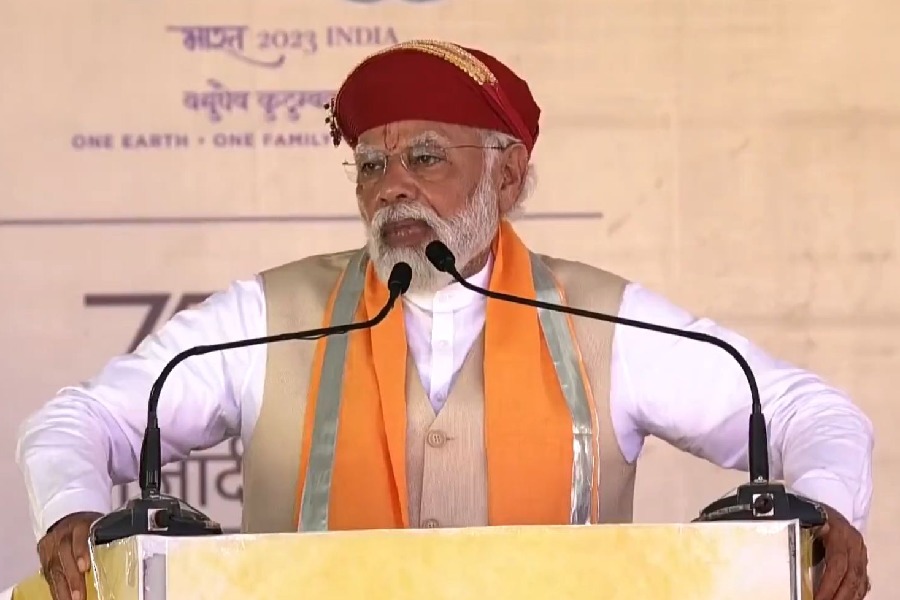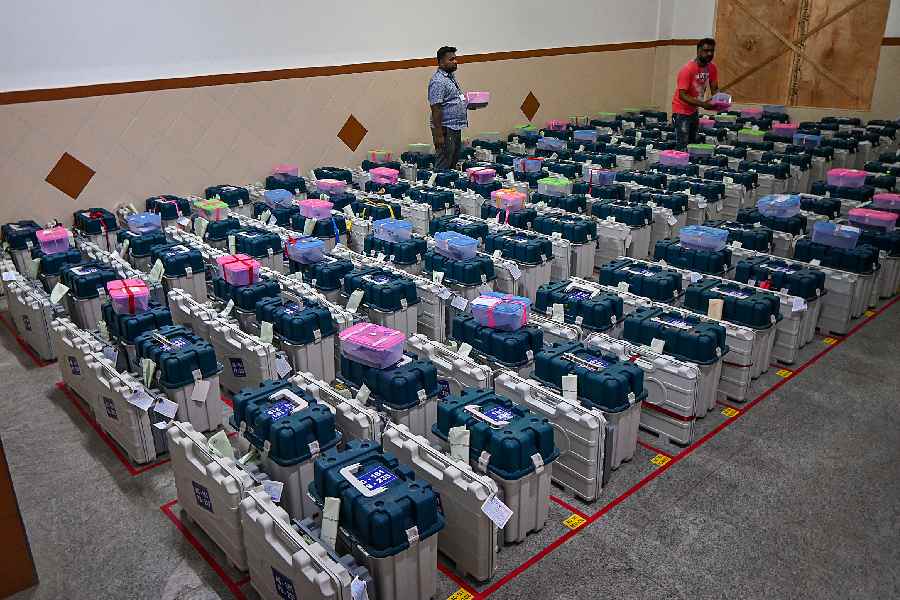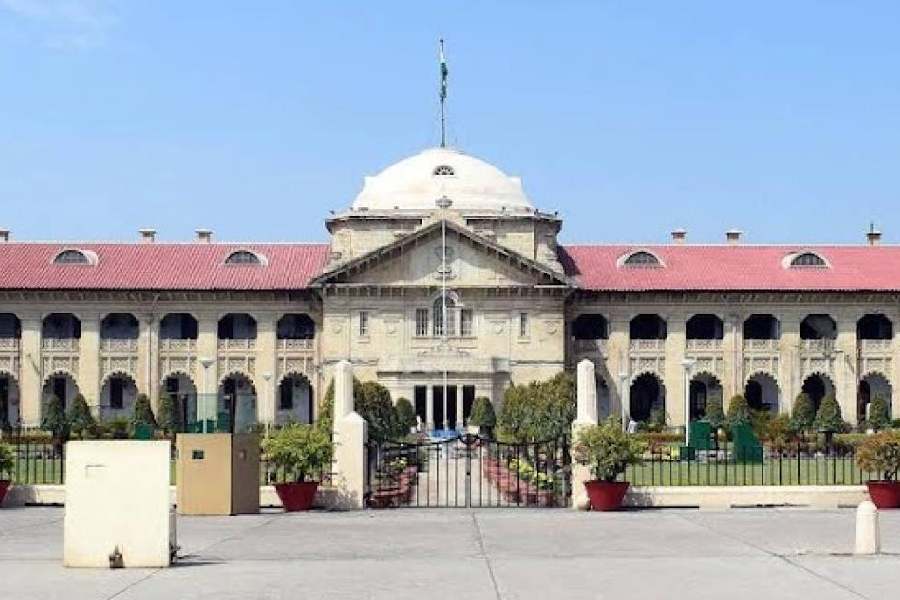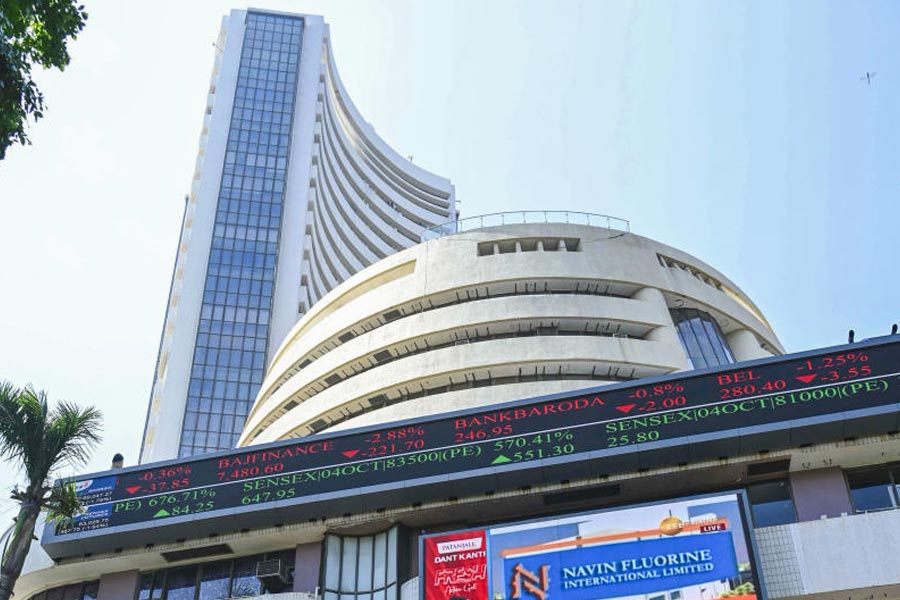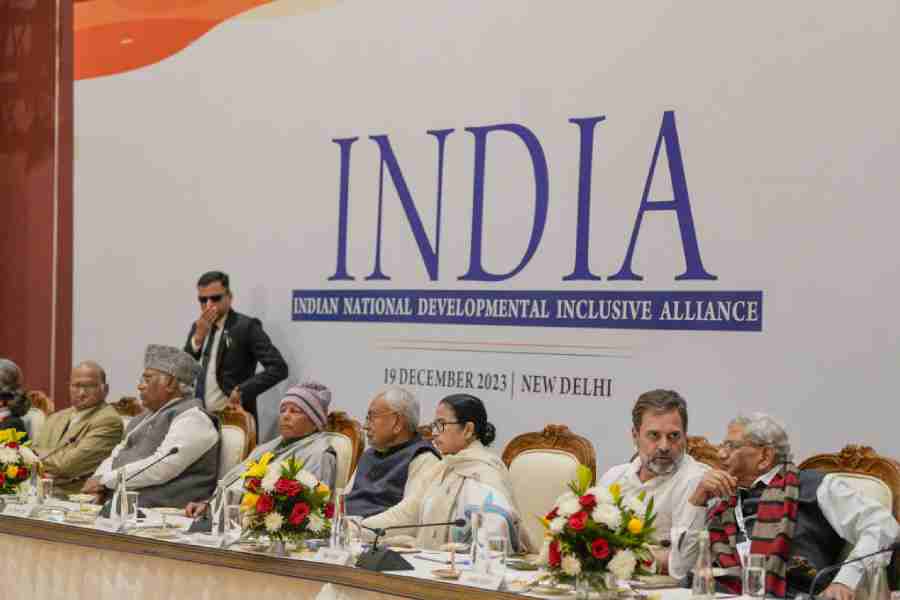Ask any politician or businessman, academic or activist, about the future of Indian politics and the answer invariably is, “Wait for Karnataka.”
Political analysis in the country seems suspended till May 13.
India is awaiting Saturday’s election results from Karnataka anxiously, amid a widely held belief that a BJP victory would leave the Opposition’s hopes for next year’s general election severely injured.
It’s a rare situation: the entire Opposition seems to be praying for a Congress victory.
A Congress win in Karnataka would definitely not be about the Congress alone, it will mean that the 2024 contest is still open and that the Narendra Modi juggernaut can be derailed, after all.
A BJP win will suggest that the ruling party can handle even the worst kind of anti-incumbency, and that communal propaganda can smother the acutest of livelihood questions.
Although the exit polls have largely given the Congress an edge, the BJP’s formidable track record in winning elections has kept the suspense bubbling.
BJP IT cell chief Amit Malviya has ridiculed those elated by the exit poll predictions, saying: “Keep an ambulance handy in case the result flips, which is very likely.”
The BJP believes that Prime Minister Modi’s personal popularity and charisma can turn the tide in its favour anywhere and anytime.
Many Opposition leaders fear that if the BJP manages to ward off the strong anti-incumbency in Karnataka, it will reinforce the perception of Modi’s invincibility and leave the Opposition demoralised and confused about the tactics and narratives necessary to push the BJP back.
The Congress has invested heavily in livelihood issues, trying to suffocate identity politics under the weight of welfare-ism. If the BJP returns to power in Karnataka, it might imply that extracting the poor from the spell of emotive politics is a difficult task, no matter how deep their economic miseries.
During the Karnataka campaign, the Congress kept the cooking gas cylinder at the top of its agenda, hoping that the noise around “Bajrang Bali” would be unable to distract the poor from the permanent crisis of their day-to-day struggle.
The Congress did not just highlight the sufferings of the poor, it offered guarantees to assuage their misery, confident that the economic situation was bad enough to make this strategy work.
The party has already indicated its intent to rely on this approach in the other states that vote later this year. If the strategy fails in Karnataka, the Congress will be stuck in a no-go lane.
Rahul Gandhi and the Congress have demonstrated a determination to stick to their campaign for economic justice, which argues that the Modi government has created monopolies through its pro-capitalist policies. Their attack on the Adani group symbolises the fight against crony capitalism.
The Congress had traversed this path during the 2019 general election, too, offering Nyay, a minimum income guarantee programme. But its chances of success dried up in a hostile political climate shaped by the Pulwama-Balakot narrative.
On Friday, Congress communications chief Jairam Ramesh stuck to the same theme, tweeting: “Reality of Mitr Kaal — MSMEs suffer while very large companies prosper, especially the Prime Minister’s chosen few business houses.
“Modi Government has created an unprecedented concentration of economic power. Top 20 firms in India generate 80% of total profits. It was less than 50% a decade ago.”
Ramesh presented a chart to support his claim.
He added that the party was confident about a victory in Karnataka in the light of the tremendous response to the Bharat Jodo Yatra and its powerful campaign that offered welfare guarantees and exposed the “40% commission government”.
Saturday’s results will be expected to answer many questions.

